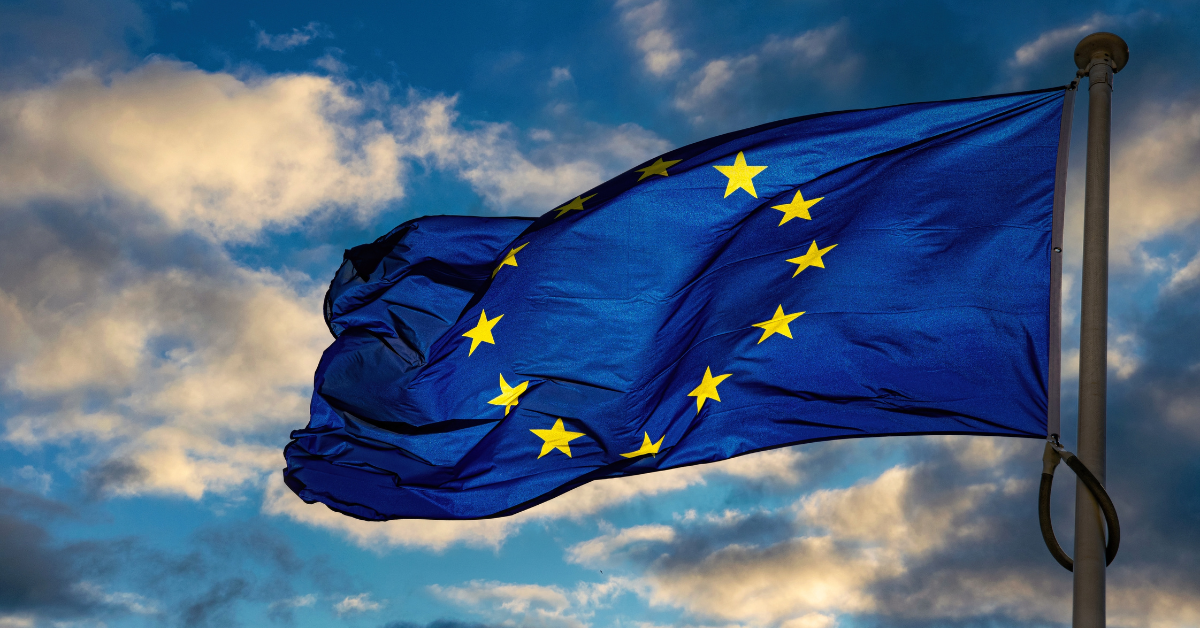
Discover the 5 key aspects of the EU’s Corporate Sustainability Due Diligence Directive (CSDDD) and what companies must do to ensure compliance.
The Corporate Sustainability Due Diligence Directive (CSDDD), published in the EU Official Journal in July 2024 and becoming effective starting by the 25th of July 2024, is set to significantly reshape how companies operating in or doing business with the European market address human rights, environmental responsibility, and climate-related risks.
Although its application has been postponed following the introduction of the Omnibus Simplification Package, the directive aims to foster sustainable and responsible corporate behaviour. Companies are required to assess, prevent, mitigate, and ultimately account for adverse impacts that their activities may cause or contribute to across their entire value chains.
This legislative milestone follows a broader European agenda that includes the European Green Deal and the Corporate Sustainability Reporting Directive (CSRD), creating a comprehensive legal framework for responsible business conduct that integrates human rights and environmental considerations into corporate governance.
Below are five essential aspects of the CSDDD that businesses, both within and outside the EU, must understand to ensure compliance and align their operations with emerging global sustainability standards.
5 Key Aspects Companies Need to Know
To navigate the new obligations effectively—and turn compliance into a strategic advantage—companies should focus on the following five key aspects of the directive.
1)Comprehensive Scope of Application
Unlike voluntary corporate social responsibility programs of the past, the CSDDD introduces legally binding obligations applicable to a defined group of companies.
The Regulation applies to EU-based companies with more than 1000 employees and an annual global turnover exceeding €450 million.
For companies headquartered outside the EU, the directive applies if they generate a net turnover exceeding €450 million within the European Union.
Additionally, the directive provides for a phased implementation approach (postponed for each phase by 1 year following the Stop the Clock), granting companies the necessary time to progressively integrate these requirements into their operational and management processes.
2)Mandatory Due Diligence Across the Value Chain
At the heart of the CSDDD lies the requirement for mandatory due diligence that covers not just a company's own operations, but also the activities of its subsidiaries and upstream and downstream business partners. This includes identifying, preventing, and remedying actual or potential adverse impacts on human rights—such as child and forced labor, and unsafe working conditions as well as environmental damage, including pollution, deforestation, and biodiversity loss.
Companies are expected to adopt and publish a due diligence policy that includes a code of conduct for employees and suppliers, integrate due diligence into their risk management systems, and regularly assess the effectiveness of their policies and actions.
The obligation to carry out due diligence is continuous and dynamic, requiring companies to update assessments and remediation strategies as new risks emerge or existing ones evolve and to be in any case updated every two years at most,
3)Climate Transition Plans and GHG Emissions Reductions
One of the most ambitious and strategically significant components of the CSDDD is the mandate for companies in scope to adopt and implement climate transition plans for climate change mitigation.
These plans must align the company’s business model and operational strategies with the objectives of the Paris for a sustainable economy, particularly the target of limiting global temperature increase to 1.5°C above pre-industrial levels and reaching climate neutrality.
As part of this obligation, companies are required to set time-bound and science-based targets for reducing greenhouse gas (GHG) emissions, including Scope 1 (direct emissions from owned sources), Scope 2 (indirect emissions from the purchase of energy), and Scope 3 (indirect emissions in the value chain) with targets that must be integrated into corporate strategy, supported by clear timelines and implementation measures, and disclosed as part of the broader CSRD reporting framework.
The emphasis on GHG emissions underscores the EU’s commitment to using financial and regulatory levers to accelerate climate action. According to the European Environment Agency (EEA), corporate GHG emissions account for a significant share of Europe’s overall carbon footprint, particularly in energy-intensive industries.
By compelling companies to set measurable decarbonization targets, the CSDDD aims to contribute to the EU’s broader climate goals, including a 55% reduction in emissions by 2030 and net-zero emissions by 2050.
4)Enforcement, Civil Liability, and Penalties
The CSDDD provides for robust enforcement mechanisms, including the establishment of national supervisory authorities in each Member State.
These authorities are empowered to investigate breaches, impose corrective measures, and levy penalties that are “effective, proportionate, and dissuasive.”
Fines may amount to up to 5% of a company’s global net turnover in cases of serious non-compliance.
Furthermore, the directive introduces civil liability provisions, granting affected stakeholders, such as workers or communities harmed by corporate actions, the right to bring legal claims against companies for damages resulting from breaches of due diligence obligations.
Importantly, civil society organizations and trade unions may assist plaintiffs in legal proceedings, potentially paving the way for class-action lawsuits and landmark litigation in environmental and human rights cases.
5)Global Supply Chain Implications
While the directive originates within the EU, its effects will be felt far beyond European borders.
By imposing due diligence obligations on non-EU companies that operate within the EU market, the CSDDD effectively internationalizes European due diligence standards. Suppliers and non-EU companies in the regulation’s scope, many of whom operate in jurisdictions with weaker labor and environmental laws, will be indirectly required to meet EU standards if they wish to continue doing business with European firms.
This development has significant implications for global supply chains, particularly in sectors such as agriculture, mining, fashion, and electronics, which are often associated with complex networks of subcontractors and varying degrees of visibility and control.
Additionally, companies will need to invest in improved supply chain mapping, auditing capabilities, and stakeholder engagement to ensure compliance.
Moreover, the directive is likely to act as a catalyst for raising global expectations around corporate responsibility, complementing initiatives such as the German Supply Chain Act and the French Duty of Vigilance Law.
The future of Due Diligence
The CSDDD marks a watershed moment in the evolution of corporate accountability, establishing a legal obligation for companies to systematically identify and address risks related to human rights, environmental degradation, and climate change. With its expansive scope, binding requirements, and strong enforcement mechanisms, the directive reflects the EU’s ambition to position itself as a global leader in sustainable development and responsible business conduct.
To comply with the directive and avoid legal, financial, and reputational risks, companies must begin preparing now by building robust due diligence systems, engaging their suppliers and stakeholders, and aligning their climate transition strategies with EU climate objectives, particularly through transparent measurement and reduction of GHG emissions.
In the long term, companies that embrace the principles enshrined in the CSDDD will not only meet legal requirements but also unlock new opportunities for innovation, risk mitigation, and stakeholder trust in an increasingly sustainability-driven global economy.



